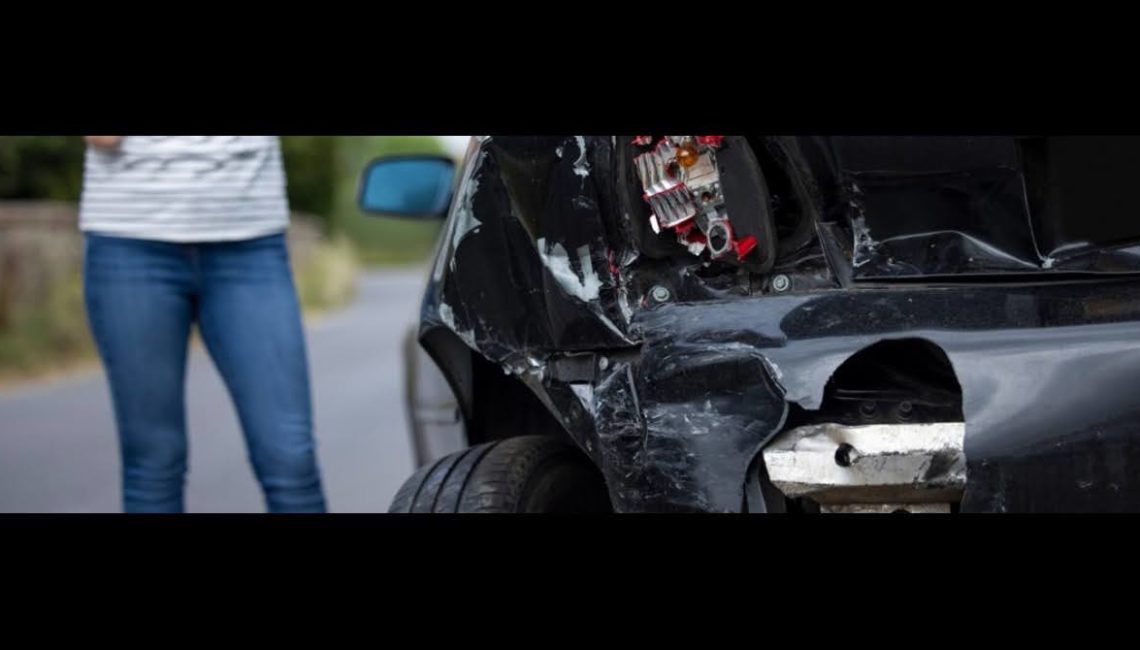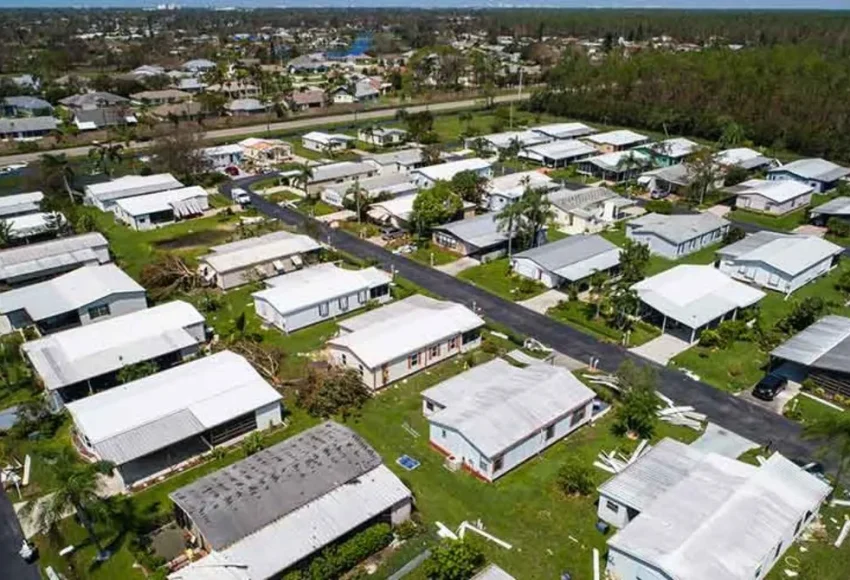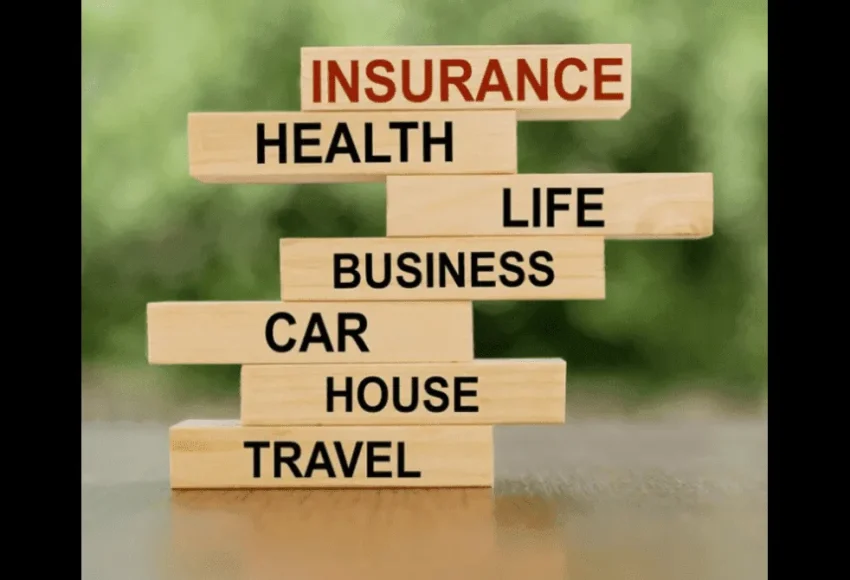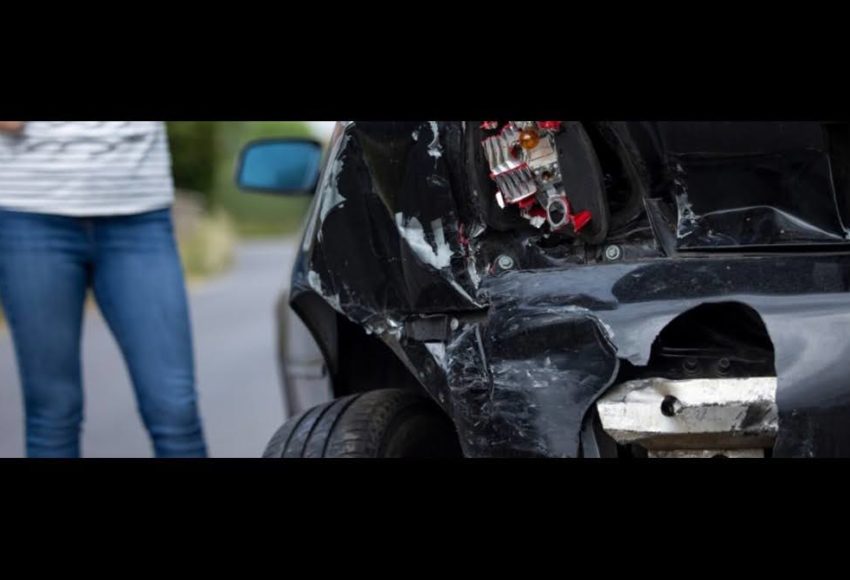When it comes to running a business in Texas, it is important to understand the intricacies of commercial auto insurance for all car owners. Whether you’re using a delivery truck or managing a fleet of trucks, having the right coverage ensures the safety and security of your drivers as well as your business. This blog will explore the many advantages of commercial auto insurance, it’s types, the factors infleuncing your premiums, and practical tips for finding the right policy.
Table of Contents
What is Commercial Auto Insurance?
Designed specifically for businesses that use vehicles as a major part of their operations. Unlike personal auto insurance, which covers vehicles for private use, commercial auto insurance caters to the many risks associated with vehicles involved in business operations. This includes delivery vehicles, company cars and trucks for transport and trade, etc.
Why is Commercial Auto Insurance Important in Texas?
In a diverse economy such as Texas, transportation plays a crucial role, and here’s why the role of commercial auto insurance cannot be overstated.
Legal Requirement: Texas law mandates that all drivers carry limited liability insurance. In case your business transportation is involved in a car accident, having the right insurance can ensure that your business is protected from potential lawsuits, meeting all the legal requirements beforehand.
Asset Protection: Vehicles are often a significant investment for businesses. Commercial auto insurance protects it from any accident, theft, or damage.
Operational resilience: An accident can disrupt operations. Commercial auto insurance can help cover the cost of damage and also provides rental reimbursement, ensuring your operations are not compromised.
Types of Coverage
When looking for commercial auto insurance, it’s necessary to understand the various types of coverage offered in the market.
- Liability coverage:
It is the backbone of any auto insurance coverage, as it covers bodily injury or property damage to others when your vehicle has been involved in an accident. In Texas, the minimum liability limits are:
- $30,000 for bodily injury per person
- $60,000 for total bodily injury per accident
- $25,000 for property damage
However, these limits are not suffucient when it comes to running a business, especially one’s with multiple vehicles or high-value assets. In this case, insurers suggest you opt for higher limits to get maximum protection.
- Collision coverage:
This type of coverage pays for damages to your vehicle resulting from a collision, regardless of who’s at fault. This is particularly beneficial for businesses dealing with high-value vehicles.
- Comprehensive coverage:
Comprehensive coverage protects you against non-collision damages such as theft, vandalism, arson, or natural disasters. This is significant for drivers in Texas due to unpredictable weather events like hurricanes and floods.
- Uninsured/underinsured motorist coverage:
This coverage protects your business in case of an accident with a driver who either is not insured or does not have enough funds to pay for the damages. Strategically important in Texas, which has the highest rate of uninsured drivers.
- Medical payments coverage:
This type of coverage covers your medical expenses for you and your passenger in case of an accident.
- Speciality vehicle coverage:
If your business uses specialized vehicles, e.g., construction vehicles, delivery trucks, vans, etc., you may need additional coverage to cater to those unique risks associated with the specific type of vehicle.
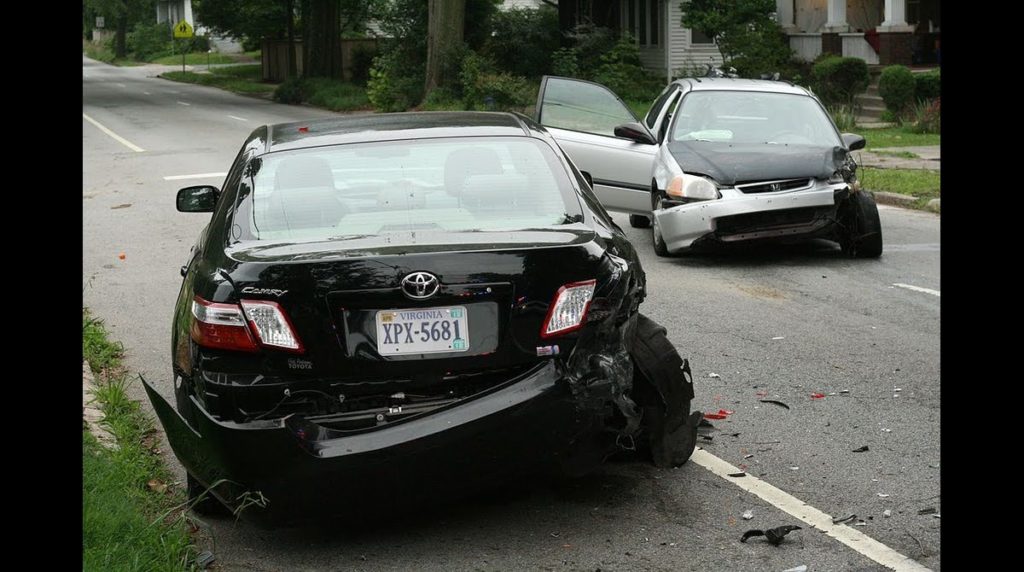
Fleet Insurance in Texas
For businesses that operate multiple vehicles, fleet insurance is considered a smart investment. This way you will be able to cover all your vehicles under one policy. This can also lead to lower premiums and easy management.
Benefits of Fleet Insurance
Cost Effective: Insuring multiple vehicles under one master policy often results in substantial savings when compared to individual policies.
Efficient Management: It is easier to manage one simplified policy rather than juggling multiple policies for each vehicle.
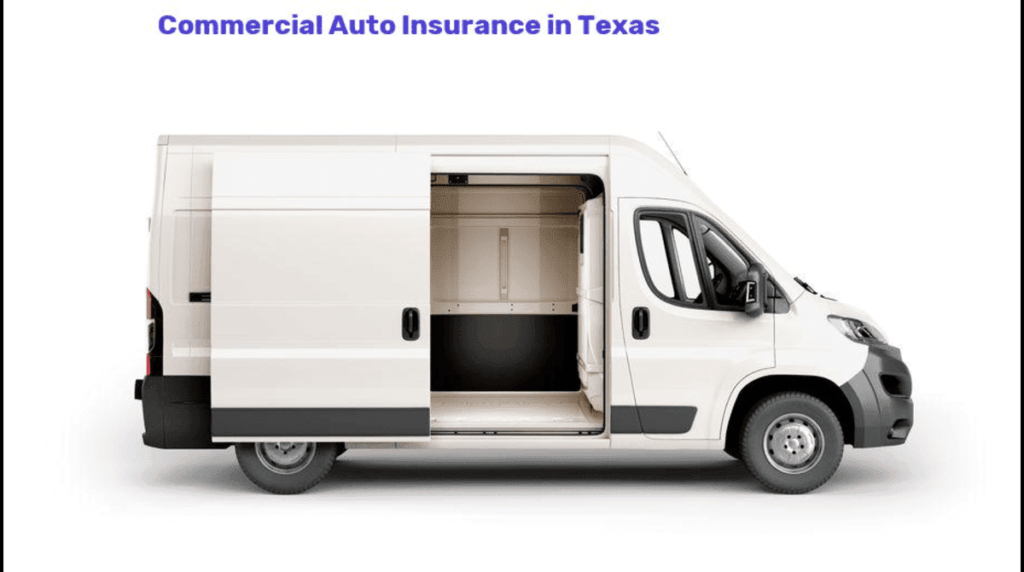
Factors infleuncing your Premiums
Understanding how commercial auto insurance premiums are determined can help you make informed decisions and potentially save money. Here are several factors to consider:
- Type of Business
The nature of your business plays a significant role in calculating your insurance premium. High-risk industries such as construction or cargo services incur higher premiums compared to low-risk businesses like consulting, etc.
- Vehicle Type
The type, make, and model of your vehicle also influence the cost of insurance. Commercial vehicles, especially the large ones, have higher premiums due to the size and the potential damage it can cause.
- Driving Record
The driving history of your employee can crucially impact your insurance premium. Insurers look at any violations, accidents, and the overall driving experience of the drivers when accessing risks.
- Coverage Limits and Deductibles
Higher coverage limits and lower deductibles often lead to higher premiums. By assessing your risk and choosing the right coverage that meets your needs without compromising on your budget, you can find affordable options.
Tips for Finding the Right Commercial Auto Insurance in Texas
- Assess your Needs
Evaluate the number of vehicles you own, their types and their functions. Understanding all these intricacies will help you find a policy plan that fits your needs and provides the right coverage.
- Gather Options
Don’t settle on the first quote you receive. Shop around at multiple insurers to compare rates and coverage options. Many insurance companies offer online tools to help you get estimates quickly.
- Work with an Agent
Collaborate with an insurance agent who specifically deals with commercial auto insurance. They can help you understand various policies and help you find the right policy based on your needs.
- Take Advantage of Discounts
Many insurers provide discounts for safe driving, multiple vehicles, or bundle policies. Make sure to inquire about any available discounts to lower your premium.
Understanding the basics of commercial auto insurance can make the process less daunting for business owners. From being aware of the required coverage types to recognizing the key factors that influence your premiums, taking the time to explore all your options will pay off in the long run. Remember, a well-insured business is a secure business.

FAQs
Does Texas require commercial auto insurance?
If your business has any company vehicles that you or your employees use for work, you’ll need to have commercial auto insurance in Texas. If your employees use their personal vehicle for business purposes, you will also need commercial auto insurance to protect them on the job.
Who pays for insurance on a company car in Texas?
Your employer is financially and legally responsible for injuries and property damages caused by an employee while driving a company vehicle. In many company vehicle accidents, the company’s or employer’s liability coverage relieves the employee from having to pay for damages personally.
What is 30 60 25 insurance in Texas?
In Texas, you must have at least $30,000 in liability coverage for each injured person, up to a total of $60,000 per accident, and $25,000 for property damage per accident. This basic coverage is called 30/60/25.
Can I self-insure my car in Texas?
Self-insurance, as allowed in the Texas Motor Vehicle Safety Responsibility Act, is not true insurance. The self-insurer assumes much greater risk than is apparent; this liability, being founded in the doctrine of third-party beneficiary contract, is irrevocable.

